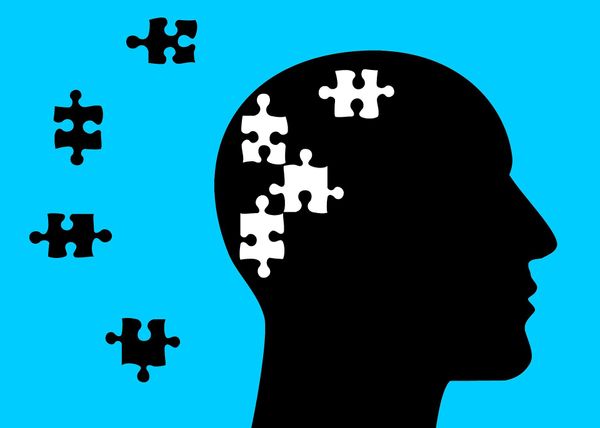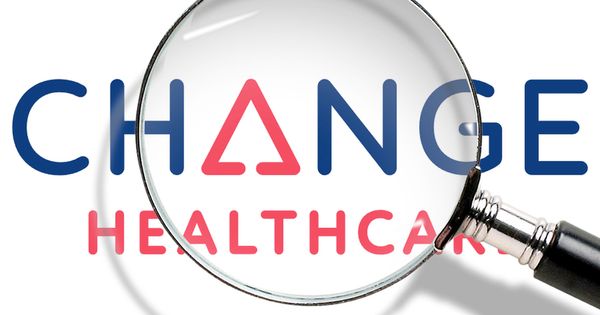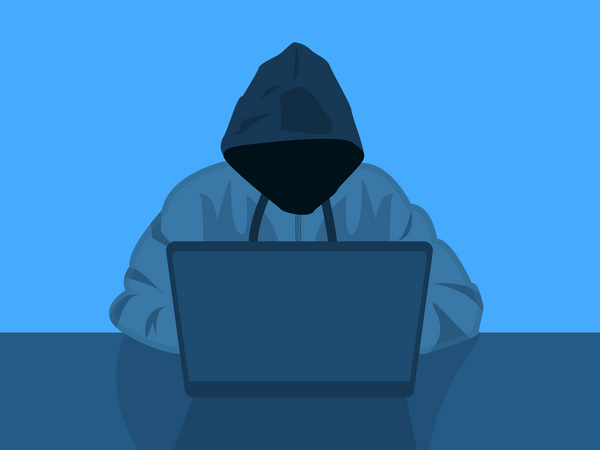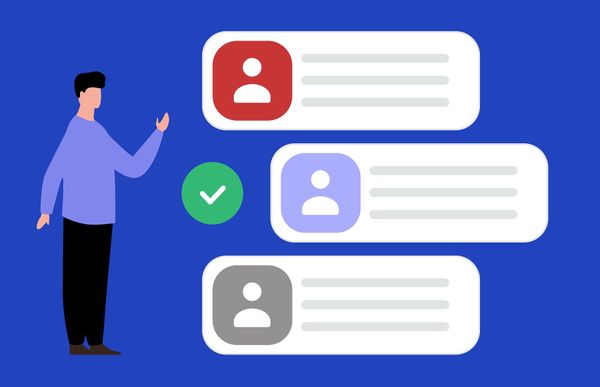Is the Pandemic Lifestyle Affecting Your Memory and Attention Span?

The health crisis has inflicted much harm, both in the physical world and the digital world, to adults and children alike.
Today, after nearly two years of the pandemic lifestyle and the accompanying increase in online activity, we seek to analyze how this shift has affected our memory and attention span.
The internet has become an integral part of everyday life as more and more individuals connect to share information, connect with others or obtain various levels of social recognition.
This constant connectedness, encouraged via the increased usage of our pocket-sized smart devices, has improved our lives. However, the internet can influence our memory and attention.
Is our memory and attention getting worse with heightened digital activity?
Bitdefender’s Behavioral Analyst Nansi Lungu points out the normality of forgetfulness and even highlights a positive effect.
“Forgetting things is completely normal,” Nansi explains. “It’s not just a natural process; it’s also a healthy one. Certainly, the brain is constantly forgetting, and it's a very good thing, in the sense that it is restructuring the information so that only the essential information remains.”
Forgetting from time to time is not the problem, and he advises individuals to not be alarmed as long as it’s not interfering with their day-to-day lives. On average the memory issues aren’t severe enough to consider a cognitive problem, and people worried about their memory can improve it through practice at any time.
The good news is that you can improve on it without breaking a sweat -- a good night’s sleep can help you boost your memory. As it helps your brain process and consolidate new information for later use.
One way the internet affects our attention span and memory process is through excessive media multitasking, It can reduce sustained concentration and limit the need for our internal memory storage due to the sheer amount of information always on hand.
“The problem with the Internet when it comes to memory and attention is that it leads us to a multi-tasking area that engages us even when the information is not essential," Nansi explained.
Our brain has a tough time quickly processing the information, served up from multiple contexts and directions, and linking it with our existing knowledge.
“The quality of the information stored while engaging in these activities is very low. So, it’s not just that we have a hard time recovering such memories, absorbing them too quickly signals the brain that they may not be so important in the first place. This multi-tasking decreases the quality of memory, attention, and reduces the ability to focus significantly on certain topics. "
Increased screen time for kids and teens
Kids and teenagers are heavy internet consumers and quite savvy digital multitaskers, thanks to the adoption of smart devices from a very young age. According to a recent study, 95% of teens in the US acknowledge they have access to a smartphone and 45% use the internet almost constantly. They spend most of their free time on social media networks such as TikTok, Instagram and Facebook, consuming videos while under a steady bombardment of information. Kids and teens also have a harder time balancing screen time with offline activities, especially during the pandemic.
Young people were more emotionally affected by pandemic restrictions than adults.
"Our brains are more flexible than we think, but I believe young people are more exposed than adults,” the expert said. “Adults have a life exercise, they know how far they extend themselves and when to stop. They may not be the happiest people in the world, but they have that balance. It's not the same for young people. "
Despite the negative effects of the pandemic, including the lack of social interaction, Nansi has seen a positive effect on kids' memory and attention.
“As long as kids were participating in online classes, they slept more,” he said. “And sleep is the most important and simplest biological component that can be regulated. If you don't rest, you lose focus and you lose your memory. "
Nansi recommends limiting children’s excessive screen time in favor of more intense intellectual activities to reduce negative effects. He also suggests opting for physical and creative activities that don’t require an internet connection, to help kids and parents disconnect and relax.
The internet has become an integral part of everyday life, and it’s often the primary means for individuals to share information and connect with others. We’re all aware of the benefits and convenience of the digital age, but the ability to use technology in moderation has become an essential part of living a healthy, meaningful and balanced life.
tags
Author
Alina is a history buff passionate about cybersecurity and anything sci-fi, advocating Bitdefender technologies and solutions. She spends most of her time between her two feline friends and traveling.
View all postsRight now Top posts
Start Cyber Resilience and Don’t Be an April Fool This Spring and Beyond
April 01, 2024
Spam trends of the week: Cybercrooks phish for QuickBooks, American Express and banking accounts
November 28, 2023
3 in 5 travel-themed spam emails are scams, Bitdefender Antispam Lab warns
August 10, 2023
FOLLOW US ON SOCIAL MEDIA
You might also like
Bookmarks







